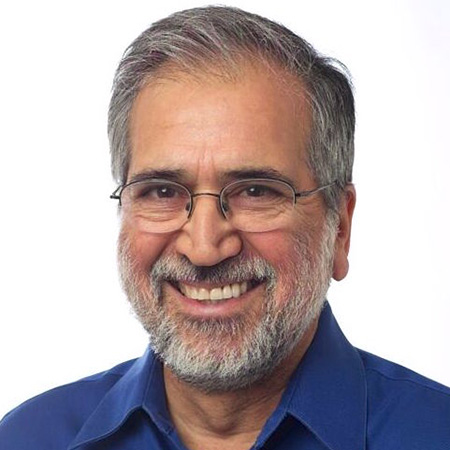As someone deeply concerned with global energy and climate issues, I was pleased to hear a panel of clergy from different Abrahamic traditions embrace the science of climate change and make a strong case for reducing greenhouse gas emissions. Each of them invoked Pope Francis' Encyclical of July 2015 and drew on the moral imperative of treating your neighbor like yourself. They argued that continued use of fossil resources harms the planet for everyone, and more so for those who can least afford it.
What I did not hear from the panel was the moral obligation to remove the scourge of poverty, which claims the lives of over 15,000 children every day. Reducing poverty requires providing adequate affordable energy so everyone may lead healthy productive lives. There remain over three billion people with limited or no access to electricity. Providing them with the needed energy will require at least doubling our current energy production. We must keep this immediate need in mind as we work to reduce greenhouse gas emissions.
The panelists spoke of China having recently surpassed the U.S. in emitting greenhouse gases without mentioning that China has four-times as large a population, nor did they note that by increasing her energy supply China lifted 600 million people out of abject poverty.
Narrowly focused policies aimed at eliminating fossil fuels may motivate activists, but for a complex global problem such policies can be counterproductive. Focusing on climate change without addressing the required increase in energy supply will only perpetuate global poverty and social injustice.
With a Perspective, I am Ripudaman Malhotra.
